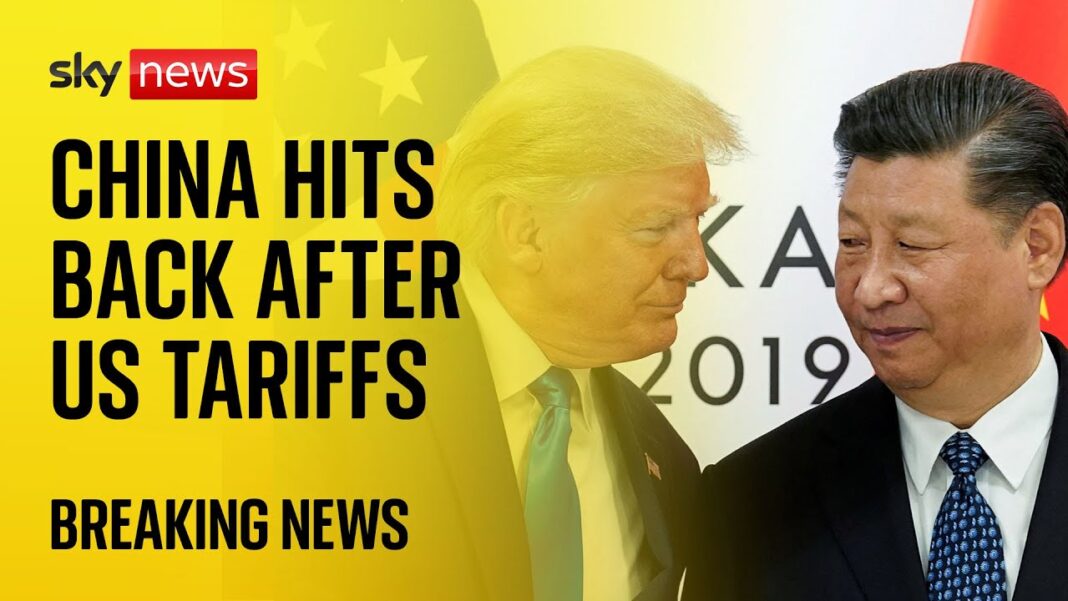Americans take note: We have the lowest life expectancy among the most prosperous nations, globally. And it gets worse – we pay much more in “health care” costs for that dubious distinction.
Among wealthier nations, America has features unique (but not necessarily better) in its healthcare system. Much of the problem centers around spending money on things little associated with making us (the patients) healthier.
Wage increases of American workers lagged their health insurance costs by more than 300 percent since early 2000. Over half of Americans have medical debt, even those with health insurance. Moreover, the latter is the primary driver for personal bankruptcy filings.
Since the recent assassination of UnitedHealthcare CEO Brian Thompson, many Americans have openly expressed their contempt and resentment towards the health insurance industry.
University of Pennsylvania researcher Michael Anne Kyle said she’s not surprised by the contentious discourse surrounding insurers.
Kyle studies how patients access care and said she’s seen frustration with the system build for years. Patients are often stuck in the middle of disputes between doctors and insurers.
In 2022 the cost of healthcare in America exceeded $4.5 trillion. Hospitals (30%), physicians (20%) and “Big Pharma” (9%) collected the bulk of the profits.
With regard to who pays what in healthcare costs, the spending by major sources of funds include: Private Health Insurance (29% share – $1.3 trillion), Medicare (21% share – $944.3 billion), Medicaid (18% share – $805.7 billion) and Out-of-Pocket (11% share – $471.4 billion).
Yet, if one looks beneath the surface of the object of everyone’s anger today, there are structural reasons why America’s healthcare system fails to produce results commensurate with its sky-high costs.
One of the primary drivers of perennially escalating costs is administration of the healthcare system, itself.
Studies over the last 2 decades revealed that administrative expenses account for approximately 15% to 25% of total national health care expenditures, an amount that represents an estimated $600 billion to $1 trillion per year of the total national health expenditures of $3.8 trillion in 2019. In a study (by Sahni et al) they estimated that administrative spending was $950 billion in 2019.
As with the administrative costs in our healthcare system, Americans pay far more for prescription medications than people in other wealthy countries. A 2019 analysis by Peterson-KFF Health System Tracker showed that U.S. average spending per capita was $1,126. In 10 similarly developed countries, the average was less than half that at $552.
A RAND Corporation analysis published in 2021 compared prescription drug prices in 32 countries and found that U.S. prices were on average more than 250 percent higher.
In the late 1990s and 2000s, U.S. pharmaceutical spending rose dramatically as mergers and acquisitions within the pharmaceutical industry produced behemoths. Private equity funding played a key role in this. The latter created less competition and enormous capital available to fund research on more drug candidates.
Insurance plans cover most of these costs, and certainly this is a key factor in rising health insurance premiums. But Americans also pay more out of pocket after those premiums than any other comparable nation.
So, what explains the high costs? The answer in short is “Big Pharma.” The different factors related to drug innovations, manufacturing, utilization, and procurement – all of which are capital intensive and time consuming – are passed on to the ultimate consumer – the patient.
America’s healthcare system is a dysfunctional tragedy.
Irrespective of how one feels about health insurers, an insurance executive has had his life senselessly taken from him – and in America, that is a tragedy.
Last month, CEO of UnitedHealth Group, Andrew Witty spoke of what this writer believes are twin tragedies. He rightly called the slaying of UnitedHealthcare’s Brian Thompson “unconscionable.” But then he acceded to much of the commentary one hears – there are problems in the system and Americans feel this in dealing with its flaws.
“We know the health system does not work as well as it should, and we understand people’s frustrations with it,” he wrote.
Witty’s comments, without accompanying action, were insufficient to assuage the angst and frustration of the American public. But then he continued:
Witty said “No one would design a system like the one we have.”
Precisely.
The imperative now before the American people is how to get federal, state and local government as well as industry leaders to build a system consistent with the needs of industry – but not toxic to the health and finances of the American people?
Our society must not revisit these twin tragedies again – ever.







